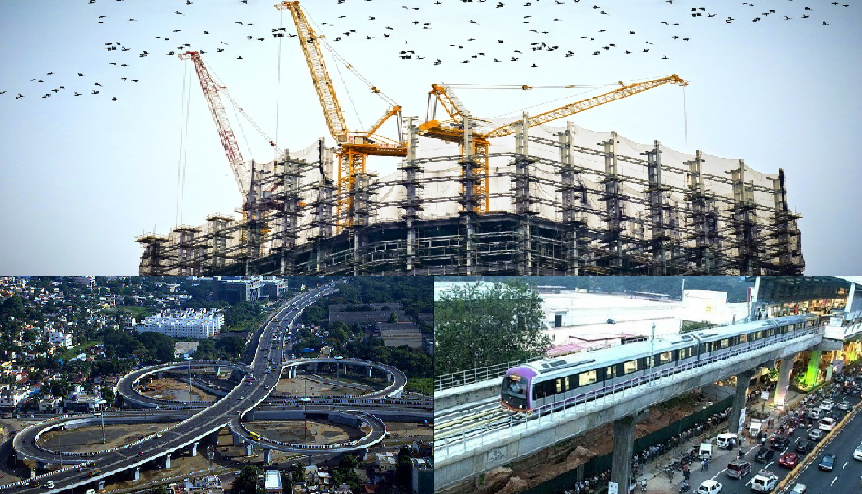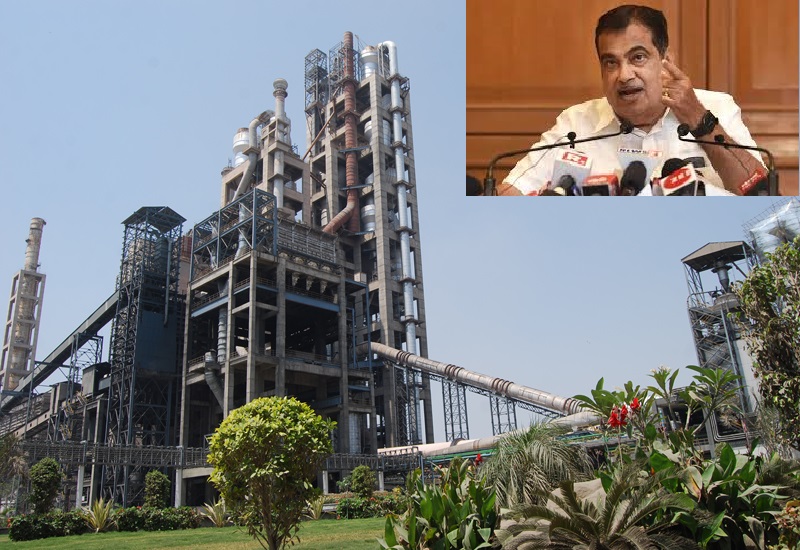
The trend of Co-Working space in India is escalating at a fast pace. But the 2020 year was a very tough time for this sector, the coronavirus pandemic had almost stagnated the growth of this sector.
Knight Frank has conducted a research on co-working sector and according to their report, the share of co-working sector in new charter has fallen from 7% in H1 2019 to 2.9% in H1 2020. Apart from share, the sector has seen a steady decline in transactions in the first six months of 2020.
‘Work from Home’ became the new norm in 2020 and the commercial ‘real estate and office space had a huge impact due to pandemic. Co-working space is also among them, which almost disappeared at the beginning of COVID-19 pandemic. But as the situation is getting normal, companies are now seeing versatile work options for their employees. No, doubt the co-working spaces in India have a bright future and its trend will grow in upcoming years.
Related Article:- What Real Estate Expects from Budget 2021?
After overcoming difficult times, the sector has some expectations from the government with the upcoming Union Budget 2021. Their foremost demand is to be recognized within the real estate sector.
What Anit Ramani says on co-working sector?
“Amit Ramani, Founder & CEO, Awfis” shared his opinion- “Getting infrastructural status and benefits to the co working space sector will help to ease access to institutional lending”. It will generalize the confirmation process, and thus reduce the developer’s borrowing costs. Presently, the co-working space has occupied a considerable portion of India’s commercial real estate. It is estimated that it accounts for approximately 6.8 million sq ft. real estate area.
Institutional capital requirement
Just like other sectors the co-working sector also needs financial assistance from the government. In order to expand globally, especially into Tier 2 and 3 markets requires more financial help and loans for the sector. The government should allow banks to sanction loans to co-working companies against the cash flow of co-working players. The government should provide some exemptions to investors in order to boost the funding.
Relief in GST norms
Just like other real estate sectors, the co-working sector also charges a GST of 18% to all their clients, which are mostly new businesses, small businesses, or startups. Reducing the GST slab would reduce the strain to their pocket and will certainly increase the demand of co-working space. “Ramani also quoted, at present co-working firms cannot claim input tax credits on construction services and work contracts as stated under GST provisions. So, the government needs to remove these hurdles to increase the outflow of cash and avoid financial difficulties.
Conclusion-
Co-working sector plays a significant role in the economic growth of country. The Government should analyze its importance under special schemes like (REIT) and provide tax benefits for the betterment of the industry.





